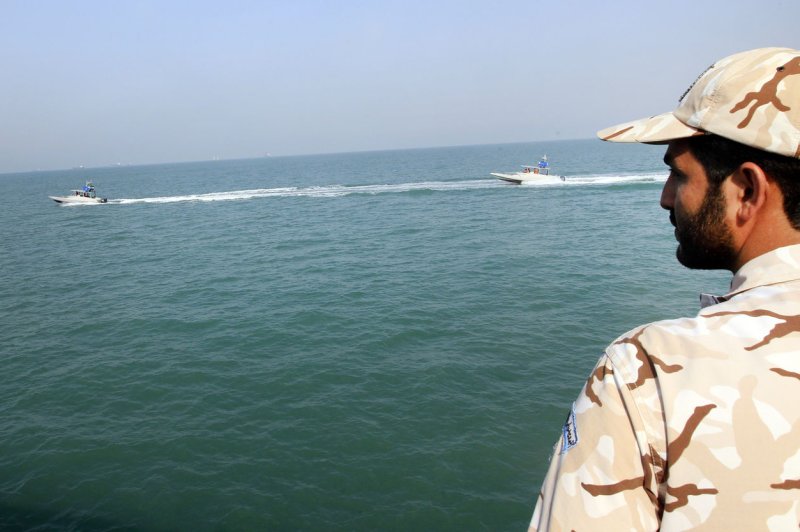Moody's downgrades Qatar, seeing the country's banks exposed to risk from ongoing regional disputes that have sparked the attention of U.S. diplomatic and military officials. File photo by Maryam Rahmanian/UPI. |
License Photo
Aug. 8 (UPI) -- Qatar's finances remain exposed to risks associated with lingering regional disputes and declining oil-related revenues, Moody's Investors Service said.
Saudi Arabia in June led a coalition of Middle East countries in severing ties with Qatar, adding a layer of geopolitical risk to the global energy market. Saudi Arabia is the largest oil producer in the Organization of Petroleum Exporting Countries, Qatar is a leading natural gas supplier and the Persian Gulf is a choke point for the flow of energy supplies from the region.
The countries accused Qatar of supporting terrorist networks and called on the nation to downgrade its relations with the Muslim Brotherhood in Egypt and close its al-Jazeera media outlet, among other things.
The ratings agency said it lowered its outlook on Qatar's banking system from stable to negative because of funding pressures. Moody's said that simmering disputes in the region could also inhibit external funding and potentially spill over to energy-related revenues.
"Qatari banks' reliance on confidence-sensitive external funding has increased in recent years due to a significant decline in oil-related revenues" Nitish Bhojnagarwala, a vice president at Moody's, said in a statement. "This leaves them vulnerable to shifts in investor sentiment."
Gross domestic product for Qatar should slow from double-digit percent for an eight-year period ending in 2014, when oil prices were above $100 per barrel, to around 2.4 percent in 2017.
RBC Capital Markets said last month it was concerned that regional proxy wars, or possibly even a confrontation between Saudi Arabia and Iran, could heighten risks for the broader energy markets.
The dispute, meanwhile, has been an ongoing concern for the U.S. government given the military presence in the region. U.S. Secretary of State Rex Tillerson was in Kuwait last month to discuss the issue. The official Kuwait News Agency reported Tuesday that Deputy Assistant Secretary for Arab Gulf Affairs Tim Linderking and retired U.S. Marine Corps Gen. Anthony Zinni were in Kuwait to help settle the feud.















